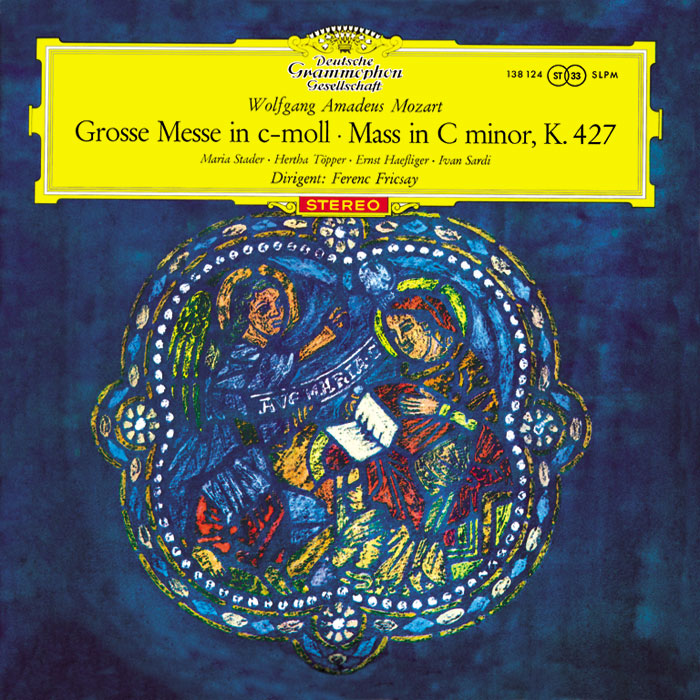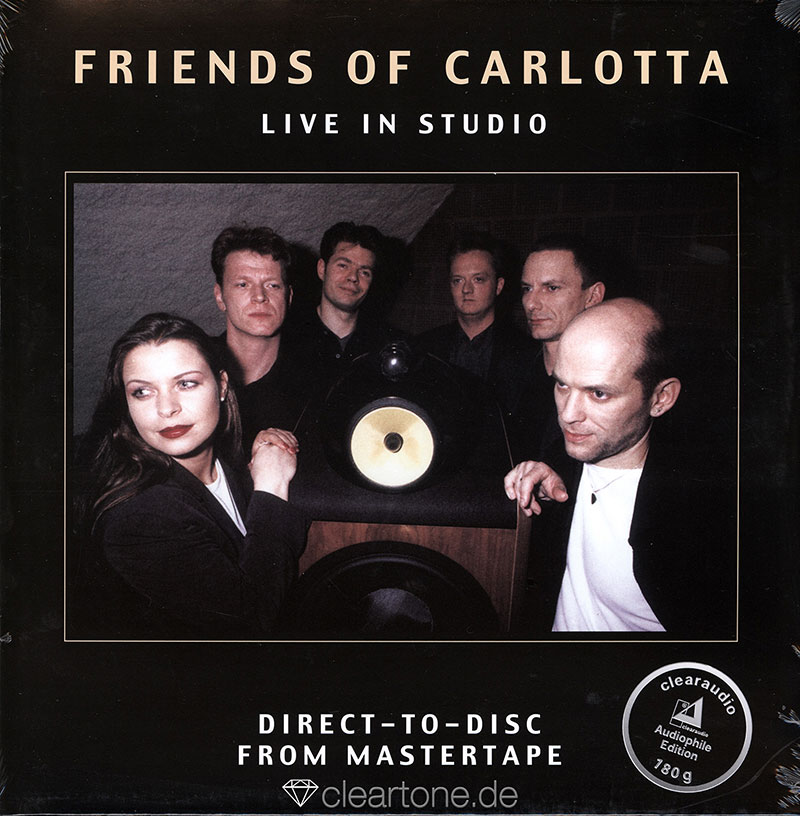Logowanie
Dziś nikt już tak genialnie nie jazzuje!
Bobby Hutcherson, Joe Sample
San Francisco
SHM-CD/SACD - NOWY FORMAT - DŻWIĘK TAK CZYSTY, JAK Z CZASU WIELKIEGO WYBUCHU!
Wayne Shorter, Freddie Hubbard, Herbie Hancock, Ron Carter, Elvin Jones
Speak no evil
UHQCD - dotknij Oryginału - MQA (Master Quality Authenticated)
Chesky! Niezmiennie perfekcyjny
Winylowy niezbędnik
ClearAudio
Double Matrix Professional - Sonic
najbardziej inteligentna i skuteczna pralka do płyt winylowych wszelkiego typu - całkowicie automatyczna
DEBUSSY, Carlo Maria Giulini, Philharmonia Orchestra
La Mer / Nocturnes / Sirenes
- Carlo Maria Giulini - conductor
- Philharmonia Orchestra - orchestra
- DEBUSSY
Giulini was a regular guest conductor of the Philharmonia Orchestra for many years from 1955. Walter Legge, the orchestra's founder and Karajan, then its principal conductor, had heard him in Milan and engaged him to record Vivaldi's Four Seasons and Bizet's Jeux d'Enfants. In 1959, Giulini recorded two Mozart operas, Figaro and Don Giovanni with the orchestra, the former being preceded by more than 100 hours of rehearsal. Carlo Maria Giulini's Philharmonia recordings for EMI are legendary: as well as the Mozart operas, he recorded the Verdi Requiem and Four Sacred Pieces as well as orchestral recordings including Dvořák's 9th Symphony and Tchaikovsky's 6th Symphony, Mussorgsky's Pictures at an Exhibition, Brahms's 4th Symphony and, as presented here, the much admired 1962 Debussy's La mer and Nocturnes, an album that has become highly collectable for its sensitive interpretation and atmospheric sound. In the original March 1963 review in GRAMOPHONE - D.C. didn't really like the album at all and somewhat grudgingly conceded that Giulini and the Philharmonia managed a "warm homogenous sound which preserves the sense of mystery". Modern opinion appreciates far more what was achieved: Gwyn Parry-Jones in Musicweb-International praises Giulini's "admirably disciplined approach, paying extraordinary loving attention to the details with which this score [La Mer] teems... this is an account to relish and cherish." Of the Nocturnes "the Philharmonia's playing for Giulini indicates why it was up there as one of the world's very top orchestras at the time."






































